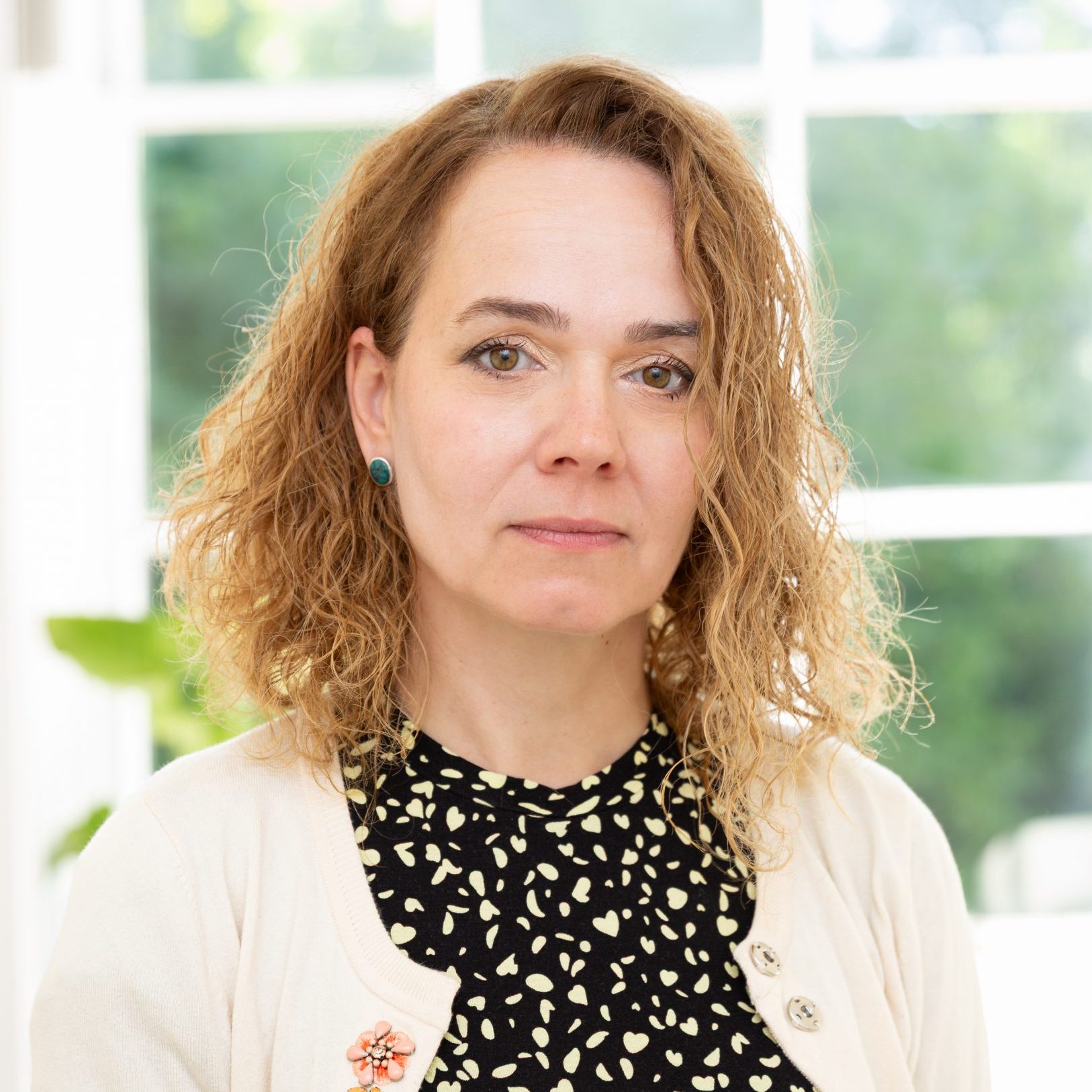Obsessive-Compulsive Disorder (OCD) is far more than a quirk or a preference for cleanliness, it’s a debilitating mental health condition that affects millions worldwide. Despite growing awareness, OCD remains deeply misunderstood, often trivialised or mischaracterised. For those living with it, the experience is isolating, exhausting, and emotionally overwhelming.
What Is OCD?
OCD is characterised by persistent, intrusive thoughts (obsessions) and repetitive behaviours or mental rituals (compulsions) performed to alleviate the distress these thoughts cause. These compulsions are not acts of pleasure or habit, they are driven by fear, anxiety, and a desperate need to feel safe or morally intact.
Common obsessions include:
- Fear of contamination or illness
- Intrusive thoughts about harming others
- Religious or moral doubts
- Fear of making mistakes or being irresponsible
Compulsions may involve:
- Excessive cleaning or handwashing
- Checking locks, appliances, or tasks repeatedly
- Counting, tapping, or repeating phrases
- Seeking reassurance or mental reviewing
The Hidden Struggles
Living with OCD often means suffering in silence. Many individuals feel misunderstood by friends, family, and even healthcare providers. The disorder is frequently dismissed as eccentricity or perfectionism, leaving sufferers feeling invalidated and alone. The internal torment is relentless. Thoughts that feel alien and disturbing invade the mind, and the compulsions, though temporarily soothing, only reinforce the anxiety. The sufferer may know their fears are irrational, but the emotional intensity makes it nearly impossible to resist the compulsive urge.
OCD Targets What You Care About Most
One of the most insidious aspects of OCD is how it latches onto what matters most to you. Whether it’s your faith, your moral integrity, your health, or your relationships, OCD exploits your deepest values and fears.
This is why OCD manifests in various themes:
- Religious OCD (Scrupulosity): Fear of sinning or offending God
- Moral OCD: Obsessions about being a bad person or causing harm
- Contamination OCD: Fear of germs, illness, or environmental toxins
- Health OCD: Obsessive concern about having or developing diseases
- Relationship OCD: Doubts about love, compatibility, or fidelity
These themes often shift over time. Someone who once feared contamination may later obsess over moral purity or intrusive violent thoughts. The content changes, but the emotional grip remains.
The OCD Cycle: A Spiralling Trap
OCD operates in a vicious cycle:
- Intrusive Thought (Obsession): A distressing idea or image enters the mind.
- Anxiety: The thought triggers intense fear or guilt.
- Compulsion: A behaviour or mental act is performed to neutralise the anxiety.
- Temporary Relief: The compulsion provides short-lived comfort.
- Reinforcement: The brain learns that the compulsion “works,” strengthening the cycle.
Over time, this cycle becomes more entrenched. The compulsions grow more elaborate, the obsessions more frequent, and the person’s world shrinks under the weight of avoidance and ritual.
Treatment and Hope
OCD is treatable, though it often requires specialised care. Cognitive Behavioural Therapy (CBT), particularly Exposure and Response Prevention (ERP), is the gold standard. ERP involves gradually facing feared thoughts or situations without performing compulsions, helping the brain learn that anxiety can subside naturally.
HARVEST THERAPY
44 Russell Square,
London WC1B 4JP
United Kingdom
Phone Number:
020 8962 6247
email: info@harvest-therapy.co.uk
HARVEST SOCIAL MEDIA:























